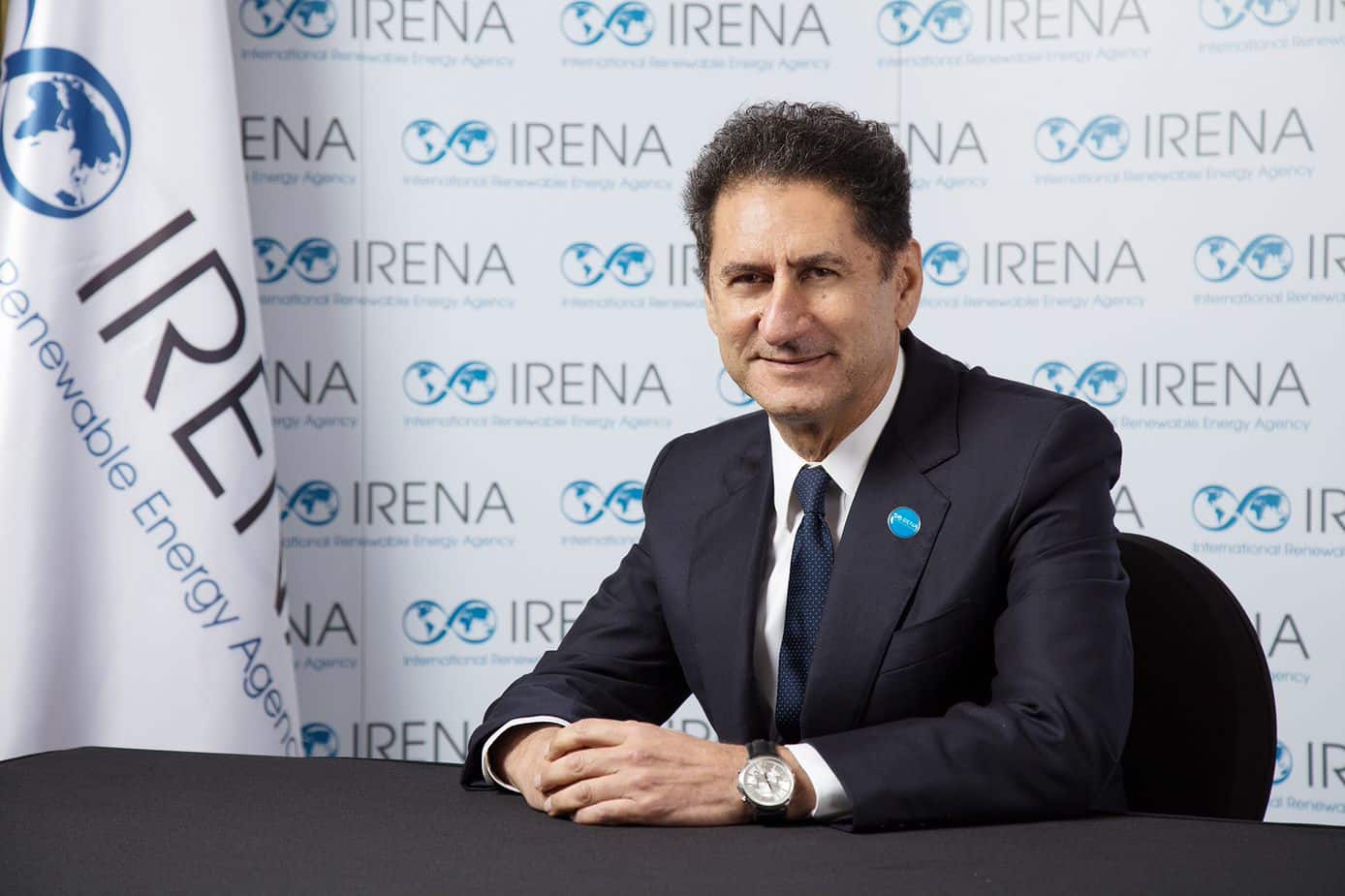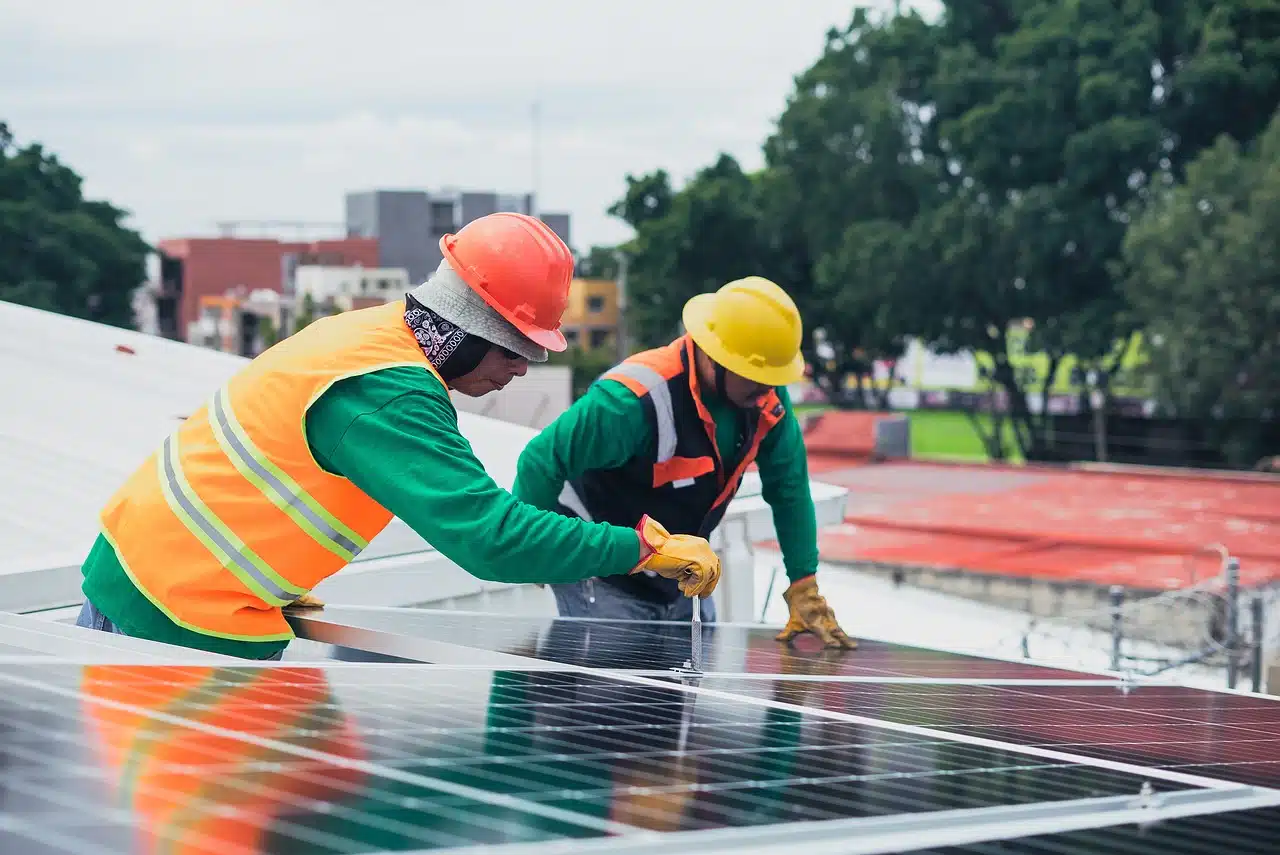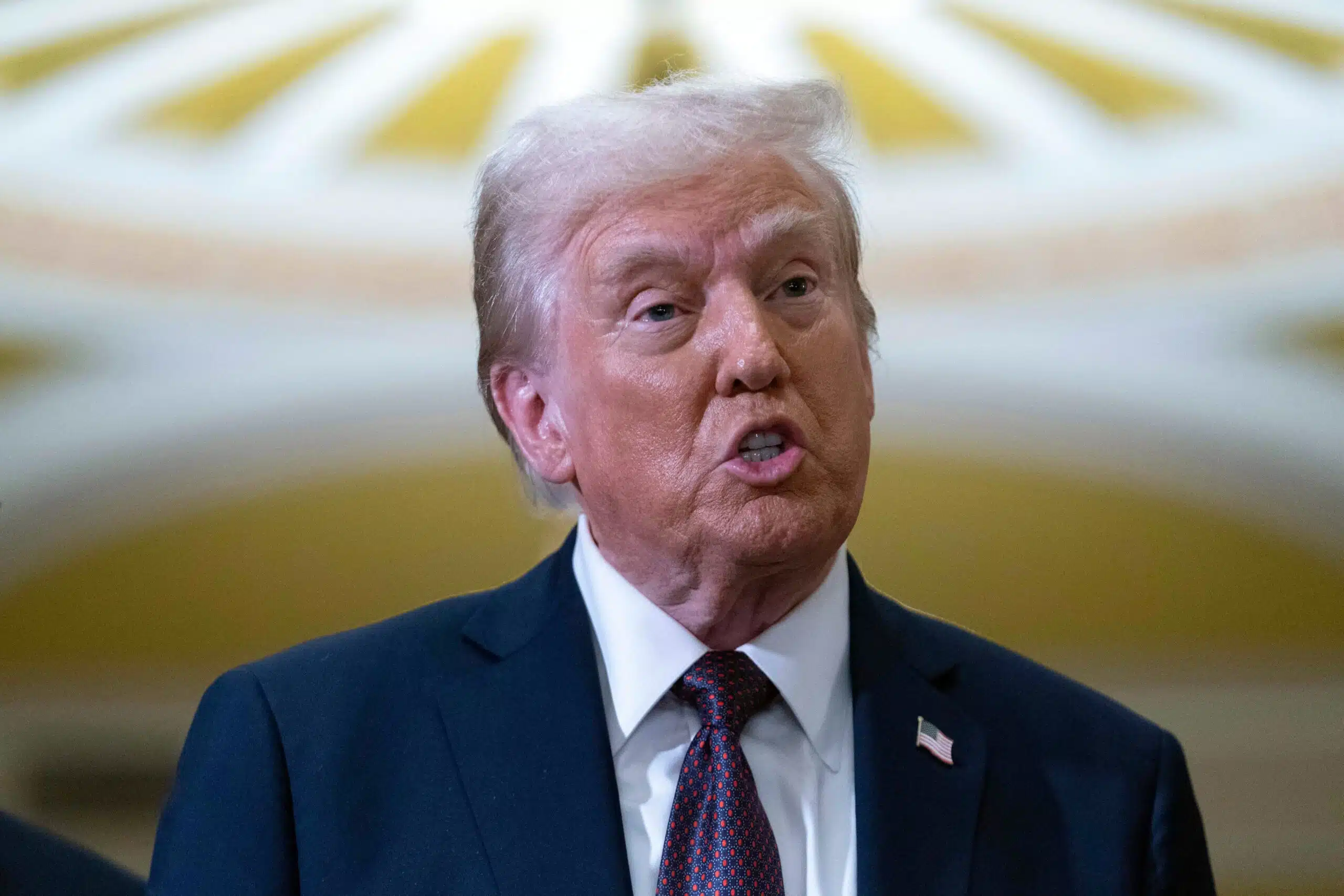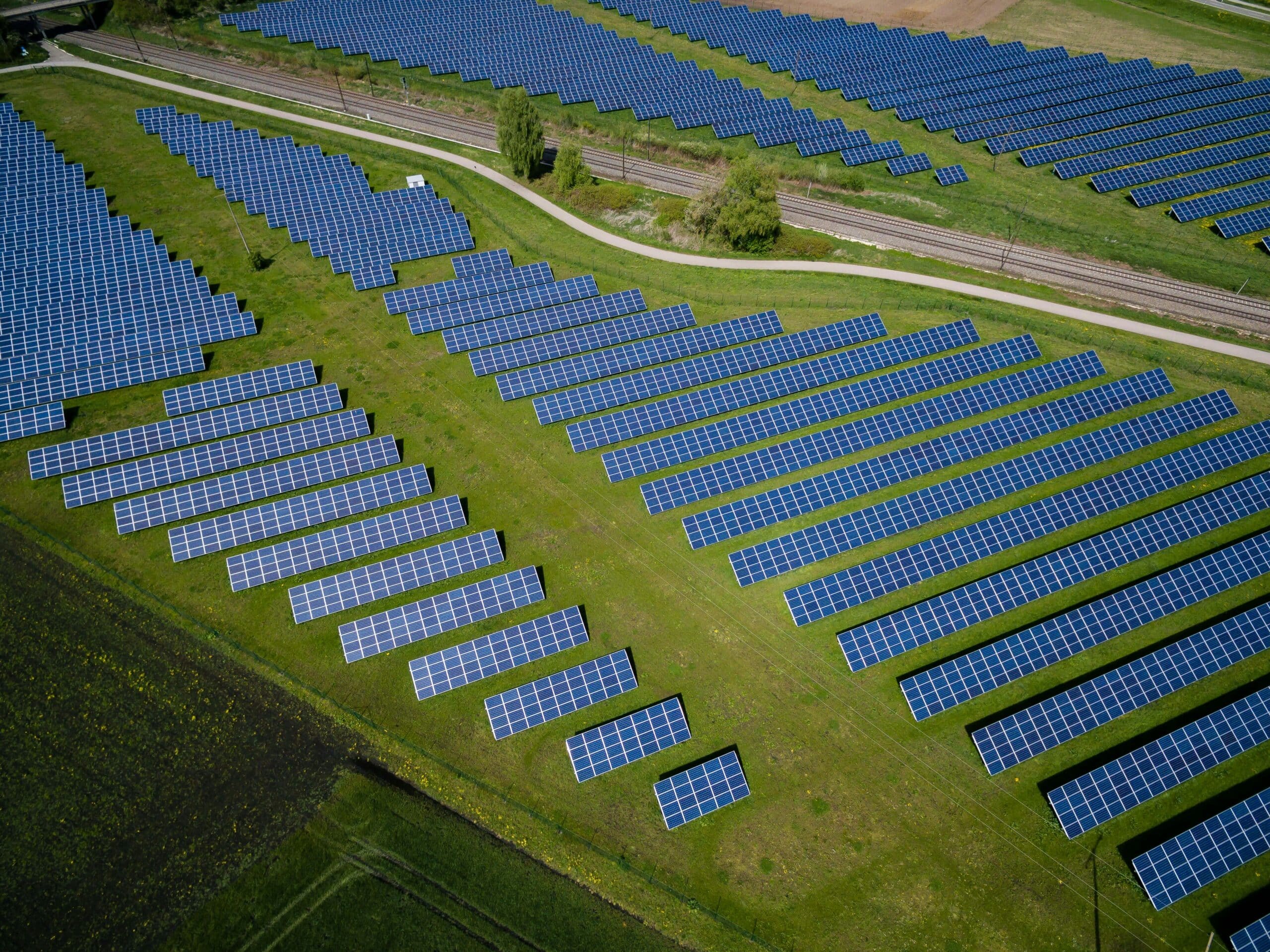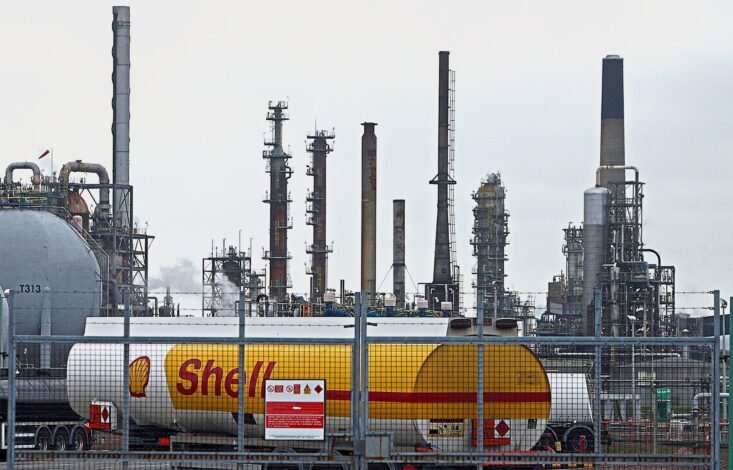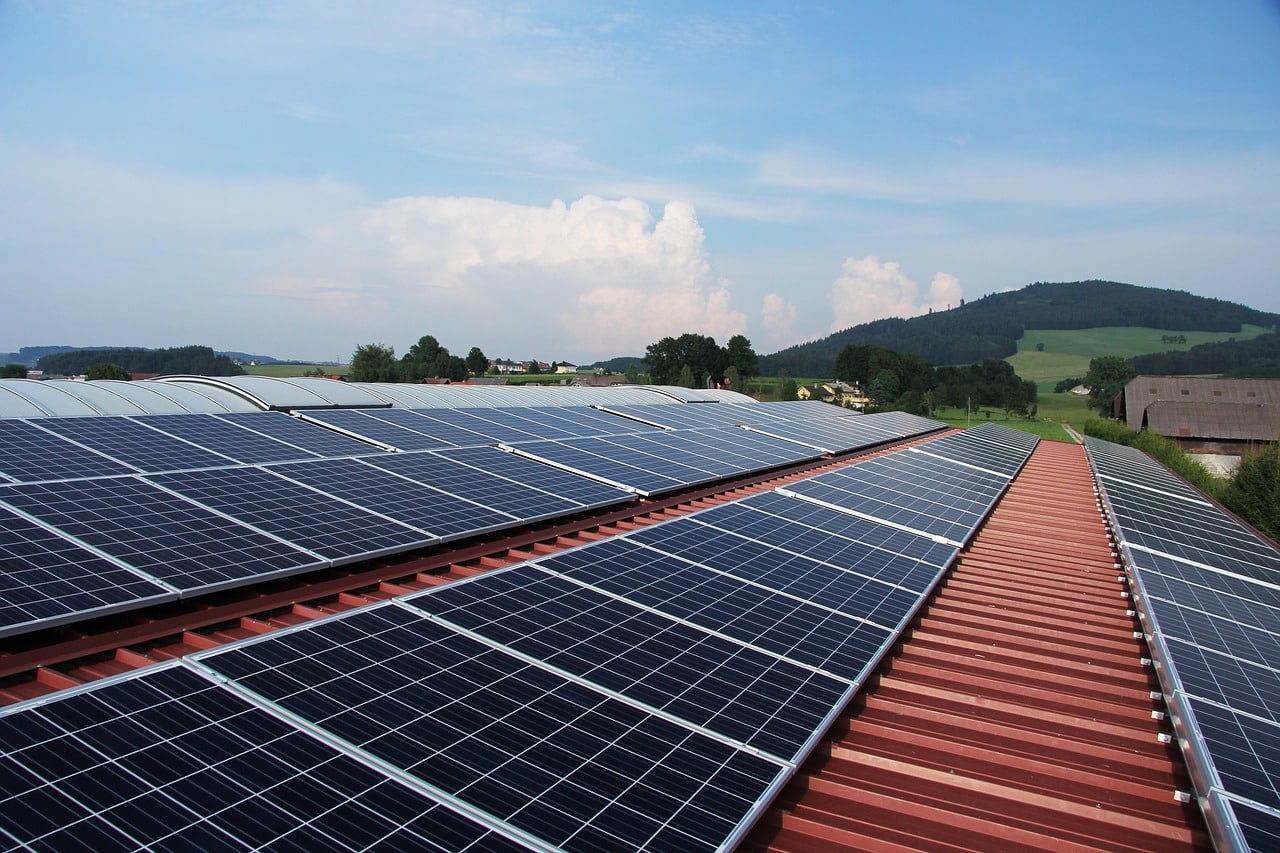The International Renewable Energy Agency (IRENA) has warned that Africa’s slow shift to renewable energy threatens global climate goals and could derail efforts to meet the Paris Agreement targets.
Speaking in an interview with Bloomberg in Singapore, IRENA Director-General Francesco La Camera said the world is on track to add a record 700 gigawatts of new solar capacity in 2025.
He noted that this growth is being driven by China, India, the European Union, and the United States.
The Director explained that Africa remains the only region lagging behind in the global clean energy transition, a situation he described as both a moral and environmental risk.
“The only area that is left behind is, unfortunately, Africa. This could be a great risk, not only from a moral or justice point of view, but also because energy demand in Africa will grow faster in the years to come,” he said.
La Camera warned that if Africa’s growing power demand is not met through renewable sources, it will become increasingly difficult to keep the world on track with the Paris climate goals.
Barriers slowing Africa’s transition
While other regions continue to scale up renewable capacity, many African countries struggle with poor infrastructure, weak regulatory frameworks, and limited investment inflows.
Africa holds about 17% of the world’s population but accounts for only 2% of global renewable energy capacity.
Experts say these barriers are slowing down the continent’s transition to clean energy, despite its massive renewable potential.
The continent’s power sector still relies heavily on fossil fuels, leaving millions without reliable access to electricity and exposing countries to volatile energy prices.
Africa’s slow progress in the energy transition poses a global challenge.
La Camera explained that the continent’s energy demand is projected to grow faster than any other region in the coming decades.
If this demand continues to be met by fossil fuels, global carbon emissions will rise, threatening the achievement of international climate goals.
Accelerating Africa’s clean energy transition is therefore crucial for global decarbonisation, energy security, and sustainable growth.
International efforts to close the gap
Meanwhile, there have been recent moves by international financiers, development finance institutions (DFIs), and other agencies aimed at helping to close the funding and renewable energy gap.
The European Union, for instance, recently announced a €618 million ($673.6 million) Team Europe package to support Africa’s renewable energy push.
The initiative, launched under the “Scaling Up Renewables in Africa” campaign, aims to attract public and private investments to fast-track clean energy projects across the continent.
The EU’s funding is expected to strengthen policy frameworks and expand transmission infrastructure across the continent.
According to the body, the financial pledge will also promote regional energy integration, all areas highlighted by IRENA as essential for accelerating Africa’s clean energy progress.
Uneven progress across the continent
Despite its vast solar and wind potential, Africa’s renewable projects remain unevenly distributed.
A recent analysis by Energy in Africa found that most renewable energy investments are concentrated in Northern and Southern Africa, leaving large parts of West, Central, and East Africa behind.
Nearly 80% of planned renewable projects, amounting to about 500 gigawatts (GW) currently in the concept stage, are expected to be developed in just a handful of countries, including Morocco, Egypt, and South Africa.
These nations benefit from stronger policy frameworks, stable investment climates, and better grid infrastructure, making them more attractive to international investors compared to other regions.
Africa is often described as the next frontier for renewable energy, yet the continent transition remains slow and uneven.
Without urgent action to expand financing and strengthen infrastructure, Africa risks being left behind in the global energy transition.
This setback could also undermine the world’s collective chance of meeting global climate targets

